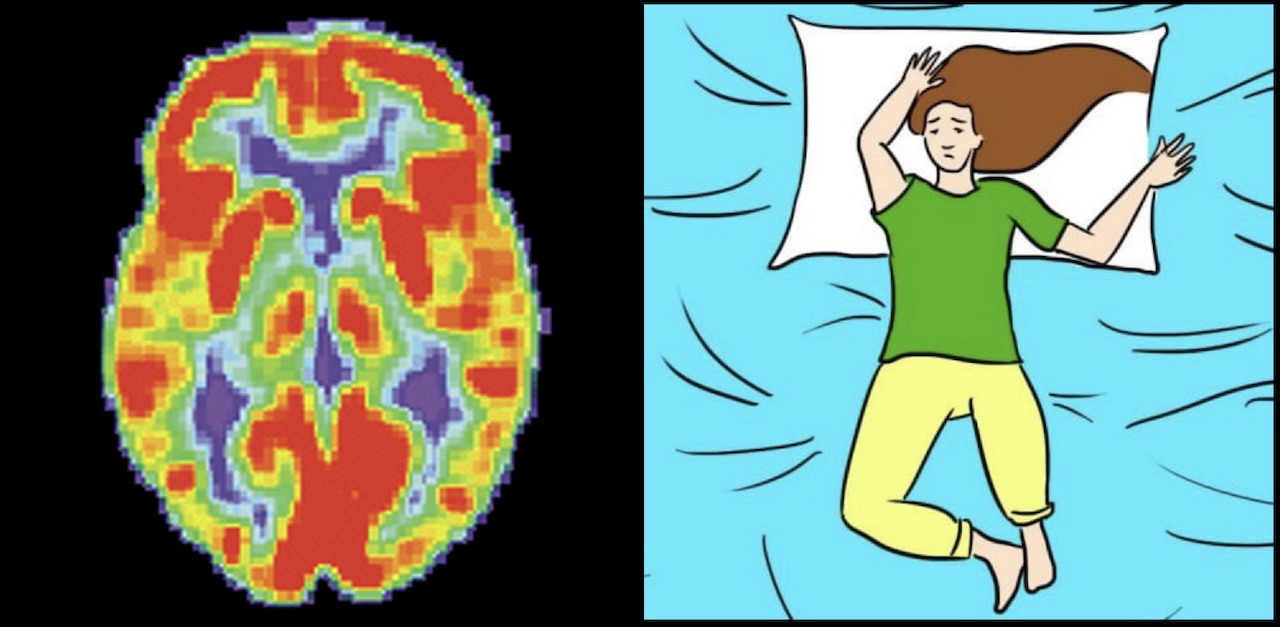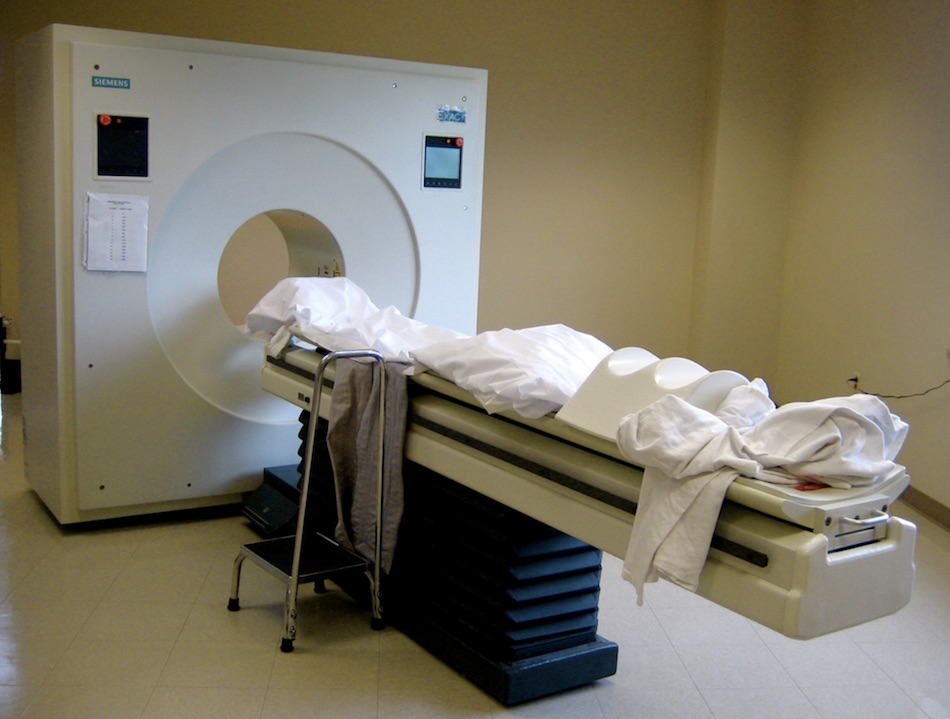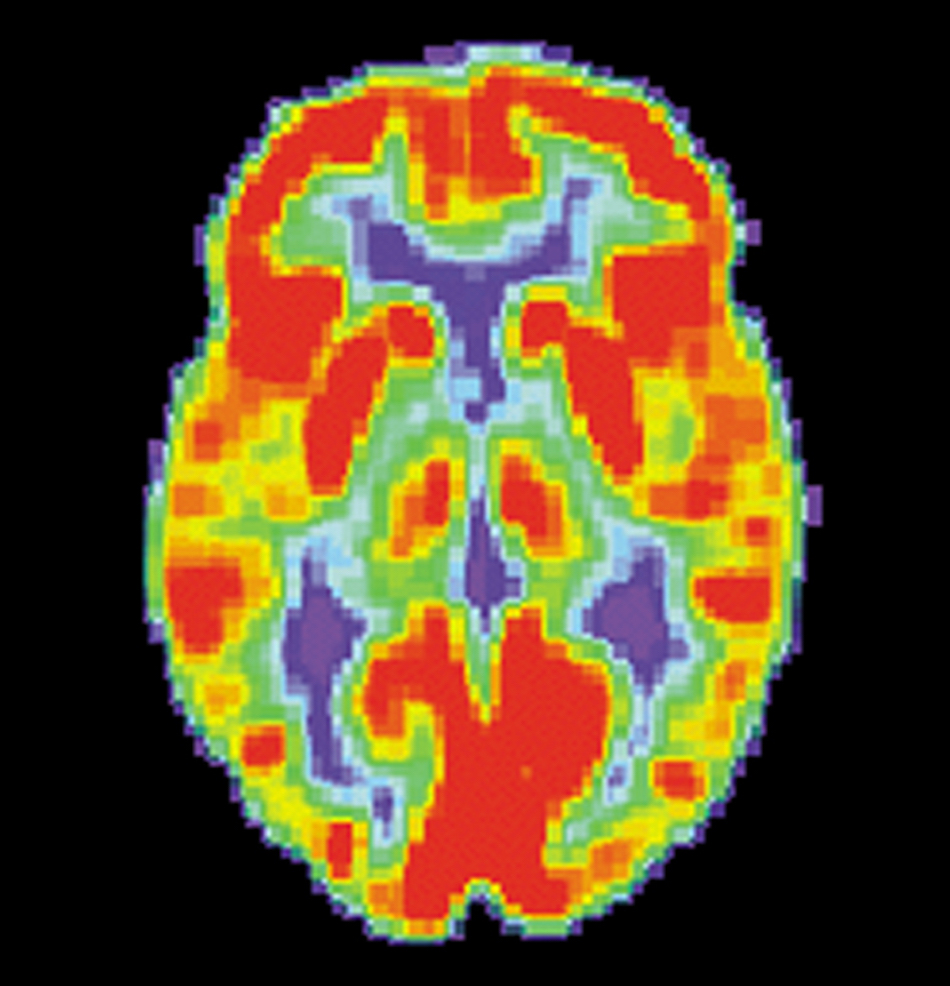
Doctors have long attested that the brain deterioration caused by Alzheimer's disease can begin up to 20 years before dementia kicks in, which is why the disease is so difficult to cure or even treat. Which is what makes a new study linking another symptom to the disease such an exciting development, as it paves the way for early intervention and possibly even treatment.
Scientists already knew that depression was an early sign of Alzheimer's, so a team at Brigham and Women's Hospital in Boston set out to test the correlation between symptoms of depression and a rise in amyloid beta, the peptides involved in Alzheimer's disease.
According to the team's study, published in The American Journal of Psychiatry, anxiety symptoms were positively correlated with amyloid beta in the brain.
More from LittleThings: 7 Worrying Reasons Women Should Stop Dyeing Their Hair Right Away
"This suggests that anxiety symptoms could be a manifestation of Alzheimer's disease prior to the onset of cognitive impairment," author Nancy Donovan told New Atlas. "If further research substantiates anxiety as an early indicator, it would be important for not only identifying people early on with the disease, but also, treating it and potentially slowing or preventing the disease process early on."
Check out the full findings of the study below, and make sure to SHARE this fascinating research with friends and family!
Photos: Wikimedia / US National Institute on Aging, Alzheimer's Disease Education and Referral Center; Tayra Lucero for LittleThings
[H/T: New Atlas]

A new study published in The American Journal of Psychiatry has found a possible correlation between anxiety and Alzheimer's disease.

The study, conducted by a team at Brigham and Women's Hospital, followed 270 healthy senior citizens between the ages of 62 and 90.

Over the course of five years, the participants were given positron emission tomography (PET) scans to measure levels of amyloid beta, the peptides involved in Alzheimer's disease.

In conjunction with the scans, subjects were also subjected to assessments on the Geriatric Depression Scale (GDS) related to apathy-anhedonia, dysphoria, and anxiety.

According to the study's findings, higher levels of amyloid beta strongly correlated with symptoms of anxiety.
"Higher amyloid beta burden was associated with increasing anxious-depressive symptoms over time in cognitively normal older individuals," the authors wrote. "These results… support the hypothesis that emerging neuropsychiatric symptoms represent an early manifestation of preclinical Alzheimer’s disease."

Currently, doctors are unable to effectively diagnose Alzheimer's until the disease is pretty far along, but these findings may help with early diagnoses.

"This suggests that anxiety symptoms could be a manifestation of Alzheimer's disease prior to the onset of cognitive impairment," author Nancy Donovan told New Atlas.

Nancy and her team didn't continue to monitor their subjects for Alzheimer's, so further research is needed to definitively prove the correlation between anxiety and Alzheimer's.
However, these findings could potentially help to diagnose, treat, and prevent the disease in the future.

"If further research substantiates anxiety as an early indicator, it would be important for not only identifying people early on with the disease, but also, treating it and potentially slowing or preventing the disease process early on," Nancy says.

Do you know someone who would benefit from this information? Make sure to SHARE this article with them!




